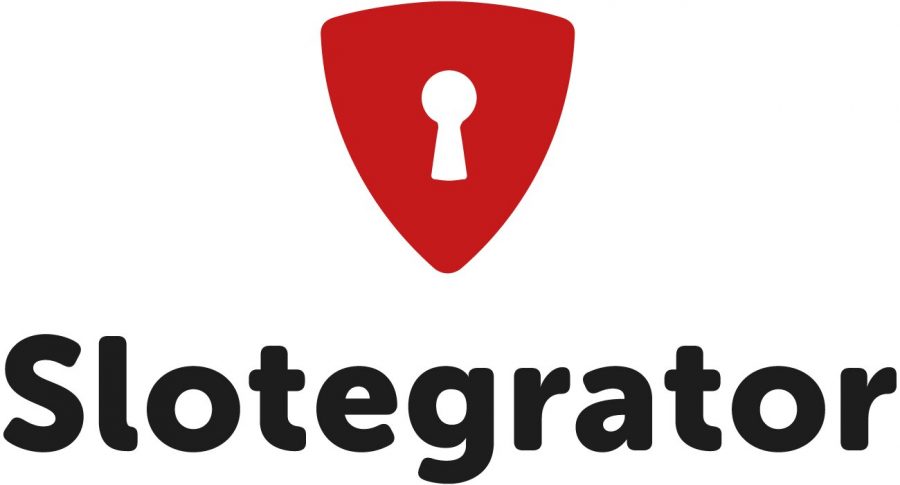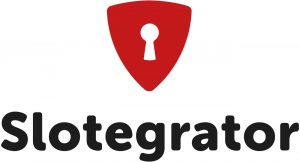Slotegrator overviews the iGaming markets in Europe

Slotegrator takes a deeper look into iGaming markets in Central and Eastern Europe as it targets regulated markets, growing economies, and established powerhouses.
Press release.- Europe is an exciting region for the iGaming industry. Germany takes the leading position in terms of overall revenues. In 2019, the gambling industry recorded revenues in excess of €16 billion. The gross gaming revenue (GGR) for the same year amounted to €2.2 billion, and it is predicted to grow by at least a third by 2024.
Another European country with a huge backlog for development is Switzerland. Today it is the second country in the world in terms of nominal GDP per capita, where the online casino market is now absolutely legal and regulated. Since taking the main regulations in July 2019, Swiss online casinos have generated over € 21 million in gross gaming revenue in the first six months.
Poland also competes with Western giants, making it likely to turn into a blazing iGaming market in the coming years. The industry is regulated by the 2009 Act on Gambling Games. To deal with an imposing black market, in 2017 the Act was subject to a major overhaul.
There are countries whose markets are just waiting to flourish but do not underestimate their potential. For example, Liechtenstein doesn’t regulate online gaming nor issue licenses for operating within the Principality’s territory. However, land-based casinos have been allowed since 2017 and raked in just under €50m in their first full year of operation.
In Austria, until September 2027, the online offering of lotteries and casino games in Austria will be subject to monopolies, held respectively by Austrian Lotteries, and a joint venture between the same company and Casinos Austria.
The tendering process that awarded these licenses has been heavily debated; however, the status quo is likely to hold at least until the end of the current licenses’ validity period. A similar situation exists in the Hungarian gambling market: the state retains a monopoly over lotteries, sports betting, and horse race betting via its controlled operators, both offline and online.
On the other hand, the situation in other countries of Eastern Europe is developing very positively. The Slovakian regulated online gambling market opened as recently as March 2019, when the Gambling Act came into force.
While some forms of gambling – namely lotto and other types of lottery games – remain under state monopoly, private operators now have the opportunity to offer online betting services, slots, and tables. The Czech gambling market is also extensively regulated by the Gambling Act, which entered into force on January 1, 2017.
This contains provisions covering every aspect of the industry except for fantasy sports, which are currently prohibited.









